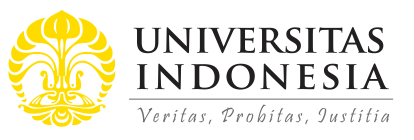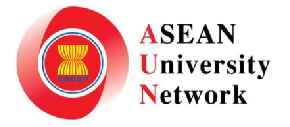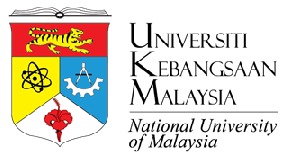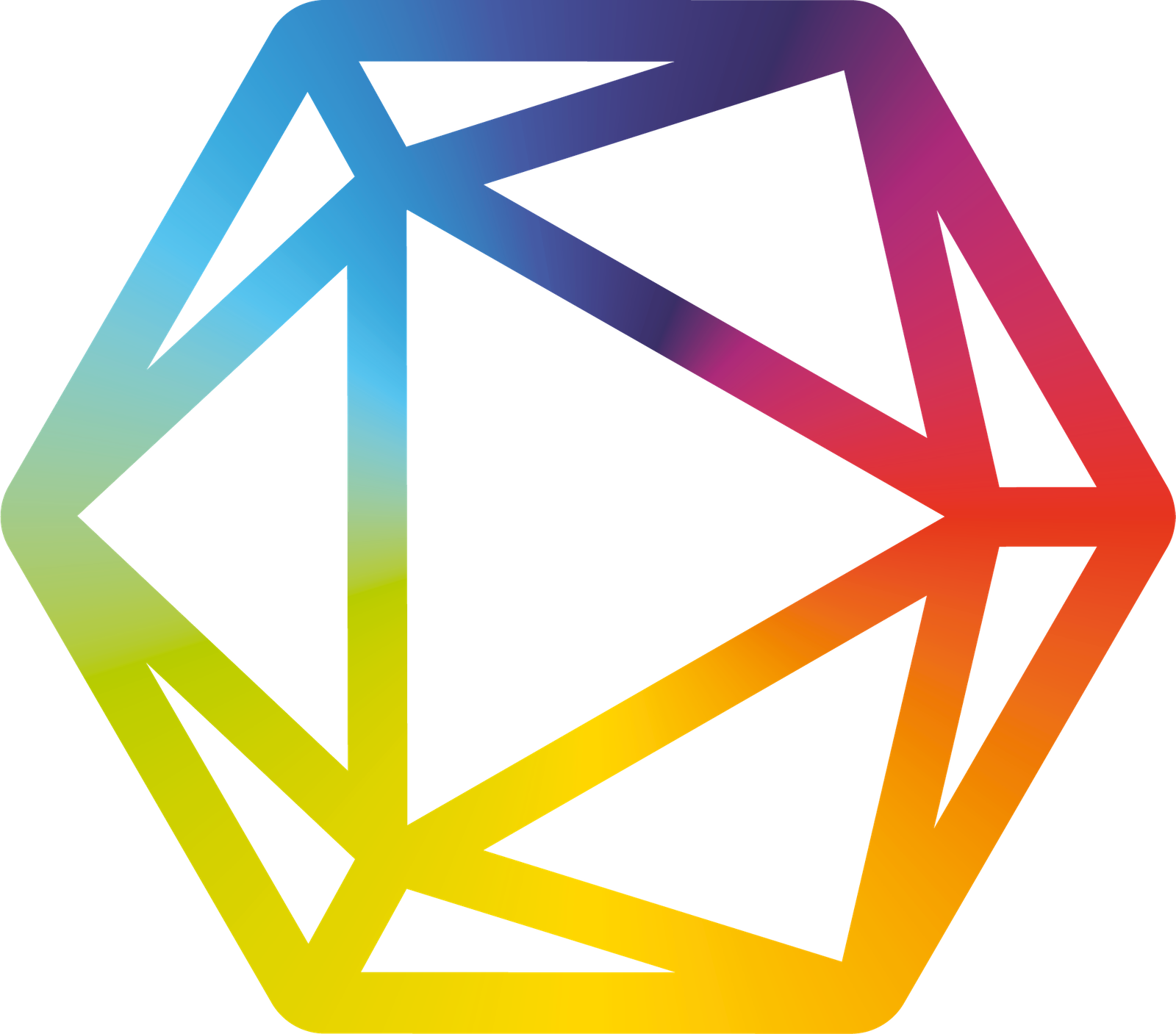
Abstract
Curriculum 2013 changes require teachers to be able to use technology the learning process until the stage of reporting learning outcomes, E-Report is one of the technologies used presenting learning outcomes. However, the problems today are that not all teachers can use the E-Report application. The purpose of this community service is to improve teacher’s ability to perform learning assessments based on the 2013 curriculum using the E-Report application. The method of community devotion activities is a method of instruction by providing training to teachers about E-Report application. Data retrieval is conducted using observations, tests, and questionnaires to participants. The number of teachers participating in this community service is 100 teachers at Vocational High School in South Tangerang. The results can be observed from the enthusiasm of the teacher in following a significant training activity of 90%, and an increased ability of teachers in understanding theoretically and implement the assessment of learning outcomes. According to the 2013 curriculum using the E-Report application at 88%, the community devotion activity increased the understanding and skills of teachers in conducting learning assessments.
References
Al-Hakim, M. H. (2018). Development of information system E-Report curriculum 2013 web based at SMK Negeri 1 Pundong (Universitas Negeri Yogyakarta). Retrieved from http://eprints.uty.ac.id/4083.
Aristoteles, Widiarti, W., & Permana, R. A. (2013). Analisis dan pengembangan sistem informasi rapor online berbasis web dan mobile pada SMA Negeri 1 Gedong Tataan (Analysis and development of the system about web-based online and mobile report on SMA Negeri 1 Gedong Tataan). Jurnal Komputasi, 1(1), 81–94. http://dx.doi.org/10.23960%2Fkomputasi.v1i1.414.
Carina, E., Widayanti, R., & Rahmawati, L. S. (2015). Sistem informasi rapor online pada SMK PGRI Grafika Pakis Malang berbasis web dan sms gateway (Information system online report on Vocational PGRI Grafika Pakis Malang web based and sms gateway). Jurnal Pengembangan Manajemen Dan Informatika Dan Komputer, 6(2), 143–152. http://ejurnal.stimata.ac.id/index.php/ DINAMIKA/article/view/152.
Damarjati, T. (2018). Direktorat Pembinaan SMK merilis e-Rapor versi 4.1.0 (Directorate of Vocational High School Development releases E-Report version 4.1.0). Retrieved July 11, 2019, from http://psmk.kemdikbud.go.id /konten/4051/direktorat-pembinaan-smk-merilis-e-Report-version-41.
Halim, H., Jalali, N. A., Salim, A., & HR, Y. (2018). Teacher quality improvement in learning evaluation based on information technology and Dapodik Se Pallangga subdistrict. Proceedings of a Dedication Seminar, 2018, 393–398. Makasar: Politeknik Negeri Ujung Pandang.
Hayati, S., & Elviana. (2017). Efektivitas AGK (Aplikasi Guru Kelas) dalam pengisian rapor Madrasah Ibtidaiyah berbasis kurikulum 2013 (Effectiveness of AGK (Application Teacher Grade) in charging report Madrasah Ibtidaiyah curriculum based 2013). JMIE (Journal of Madrasah Ibtidaiyah Education), 1(2), 188. https://doi.org/10.32934/jmie.v1i2.38.
Herfiyanto, P., Hariadi, B., & Wahyuningtyas, N. (2018). Analisis pola penerimaan guru terhadap rapor online menggunakan metode UTAUT (Studi kasus pada SMA Negeri 8 Surabaya) (Teacher acceptance pattern analysis against online report using UTAUT method (Case study on SMA Negeri 8 Surabaya)). JSIKA, 7(1), 1–9. https://jurnal.dinamika.ac.id/index.php/jsika/article/view/2438
Jatnika, H. (2019). Pelatihan aplikasi akademik rapor online berbasis web sebagai alat bantu monitoring hasil belajar siswa (Studi kasus: Madrasah Aliyah Negeri 12 Jakarta) (Training for academic application of web-based online report as a monitoring tool for student learning outcomes (Case study: Madrasah Aliyah Negeri 12 Jakarta)). Terang, 1(1), 78–85. https://doi.org/10.33322/terang.v1i1.208.
Juliantri, L., Florentinus, T. S., & Wibawanto, H. (2017). Pengembangan e-rapor kurikulum 2013 berbasis web di SMK Negeri 1 Slawi (Development of e-report curriculum 2013 web based at SMK Negeri 1 Slawi). Innovative Journal of Curriculum and Educational Technology, 6(1), 11–16. https://journal.unnes.ac.id/ sju/index.php/ujet/article/view/15571
Kustijono, R., & Wiwin HM, E. (2014). Pandangan Guru terhadap pelaksanaan kurikulum 2013 dalam pembelajaran Fisika SMK di kota Surabaya (Teacher view on the implementation of curriculum 2013 in the Study of Vocational Physics in Surabaya city). Jurnal Penelitian Fisika Dan Aplikasinya (JPFA), 4(1), 1. https://doi.org/10.26740/ jpfa.v4n1.p1-14.
Meranda, B. (2013). Efektivitas aplikasi rapor SD dalam penilaian kurikulum 2013 (The effectiveness of Elementary Schoold report application in curriculum assessment 2013). Retrieved from http://repository.upi. edu/28662.
Ministry of Education. (2005). Republic of Indonesia Law number 14 year 2005 about Teachers and Lecturers. Retrieved July 11, 2019, from http://luk.staff.ugm.ac.id/atur/UU14-2005GuruDosen.pdf
Ministry of Education. (2017). Regulation of the Minister of Education of the Republic of Indonesia No. 3 year 2017 on Assessment of Government Outcomes and Assessment of Learning Outcomes by Education Unit. Retrieved July 11, 2019, from http://simpuh.kemenag.go.id/regulasi/permendikbud_03_17.pdf.
Ministry of Education Regulation. (2015). Regulation of the Minister of Education of the Republic of Indonesia No. 53 year 2015 on Assessment of Learning Outcomes by Educators and the Targeting Unit on Primary and Secondary Education. Retrieved July 10, 2019, from http://luk.tsipil.ugm.ac.id/atur/bsnp/Permendikbud53-2015.pdf.
Ministry of Ristekdikti. (2012). Republic of Indonesia Law number 12 year 2012 about Higher Education. Retrieved July 11, 2019, from https://sipuu.setkab.go.id/PUUdoc/17624/UU0122012_Full.pdf.
Mustakim, Fitrianingsih, N., & Fitriati, I. (2019). Development of e-report application based Graphical User Interface (GUI) by using VB. Net 2010 in SMKN 10 Bima. Jurnal Pendidikan MIPA, 9(1), 67–75. Retrieved from http://ejournal.tsb.ac.id/index.php/jpm/article/view/179/157.
Nursyifa, A. (2019). Leadership of the School Head in the Face of the Industrial Revolution 4.0: a Sociology of Education. Jurnal Pendidikan Kewarganegaraan, 6(2), 143. https://doi.org/10.32493/jpkn.v6i2.y2019.p143-154.
Ross, S. M., & Morrison, G. R. (2017). Experimental research methods. In The routledge handbook of instructed second language acquisition (pp. 562–576). https://doi.org/10.4324/9781315676968.
Saptono, H., Kurniawan, A., & Dwi, B. (2018). Perancangan sistem informasi penilaian raport siswa berbasis web pada SMA Perintis 1 Sepatan (Design of information systems for student-based raport assessment in SMA Perintis 1 Sepatan). Sensi Journal, 4(1), 103–119. http://ejournal.raharja.ac.id/index.php/index/article/view/718
Sumilat, J. M. (2017). Dissemination and training of Report making using the Mailing Menu on Tondano Elementary school teachers. 10(01), 1-12. http://ejournal.unima.ac.id/index.php/abdimas/article/view/556.
Summak, M. S., Samancio, M., & Ba, M. (2010). Technology integration and assesment in educational settings. Procedia Social And Behavioral Sciences, 2, 1725–1729. https://doi.org/10.1016/j.sbspro.2010.03.973.
Recommended Citation
Nursyifa, Aulia; Nurzaman, E.; and Alinurdin, Alinurdin
(2019).
Learning assessment training based on curriculum 2013 by using Vocational High School E-Report in South Tangerang.
ASEAN Journal of Community Engagement, 3(2).
Available at: https://doi.org/10.7454/ajce.v3i2.1065







